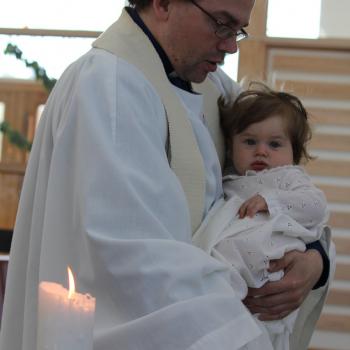
The Austrian Bishops’ Conference has blasted proposed changes to the country’s Working Hours Act as “questionable in terms of democratic policy” and a “show of contempt for family life” which would bring “grave consequences for the social order”. In a communiqué released June 28th, the episcopate claims that the planned introduction of longer work days and weeks not only endangers the Sunday and holiday rest enshrined in the country’s treaty with the Holy See, but also encroaches upon the rights of workers to “time with their families”, to “physical and mental health”, and to “engagement with the community”.
As Metropole explains, the Austrian Government is in the process of drafting legislation by which employees can be asked to work up to twelve hours a day and on weekends and public holidays. Though, under the new law, workers would retain the option to decline for “personal reasons”, the draft legislation refrains from stipulating exactly what personal interests are more important than company ones, and from protecting employees from being fired should they say no to requests for extra hours from their bosses.
In response to the proposal, the Austrian bishops point out that the planned abolition of Sunday and holiday rest would represent a “constitutionally questionable” interference “in the international obligations of the Republic”, specifically because the move would violate the article in the Austrian Concordat with the Holy See by which Austria “recognizes the holidays established by the Church”. Not only that, but the proposal is also democratically “negligent” as well, because the legislation has been introduced in Parliament without the appraisal process and dialog that traditionally accompanies policy making on social concerns in Austria.
Move would “open the floodgates”
It is in terms of the real impact on workers and their families, however, that the Austrian bishops reserve their strongest criticisms. Not only would the draft legislation “open the floodgates” to a situation in which businesses would be obliged to open on Sundays and holidays – with the negative effect that would have “on coexistence in our society” – but longer working hours would impinge on the “indispensable value for all people” that is Sunday and holiday rest.
Sundays and holidays, say the bishops, “are family and relationship days, days of meeting and being in community, days of leisure and recreation, days of private and civic engagement”: free time that must be protected in the interests of well-functioning society. And on this point the prelates coincide completely with the Alliance for a Free Sunday in Austria, a group of some fifty Church, union and cultural organizations that this week too warned of an assault by business and politics “on the social value of free time” and of a “one-sided cancellation of the social consensus on weekend and holiday rest”.













